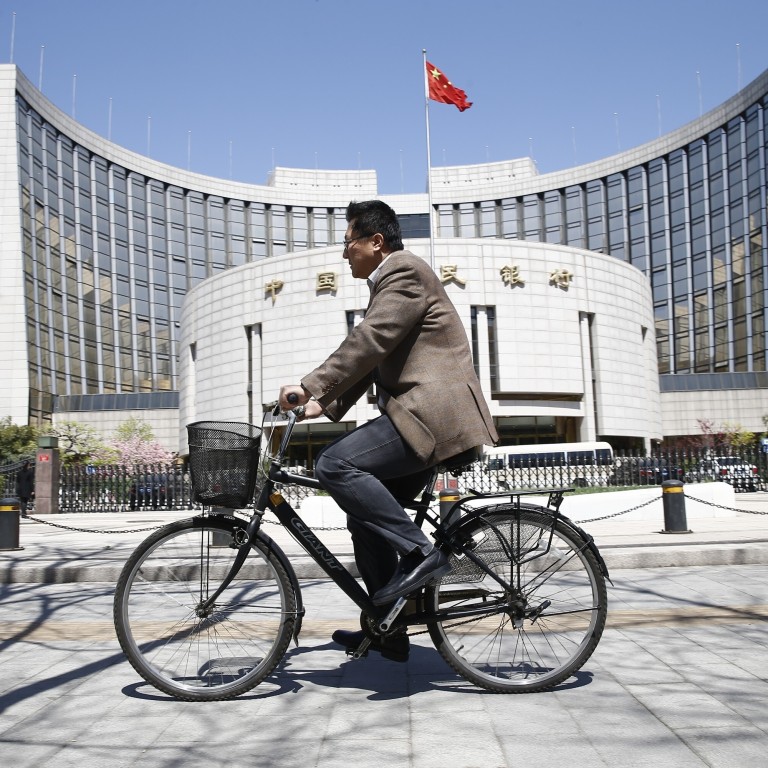
Regional bank in Xinjiang cuts dividend, bowing to China regulator’s pressure to preserve capital and prepare for slump
- The Xinjiang Kashi Rural Commercial Bank trimmed its 2019 dividend to 0.8 yuan from 1 yuan per 10 shares
- The dividend payout will be delayed to June 30, from June 15
In a rare move, a regional bank based in China’s north-western Xinjiang region has slashed its dividend by 20 per cent, bowing to pressure by the banking regulator for the nation’s banks to sacrifice their earnings to prop up their customers.
Xinjiang Kashi Rural Commercial Bank Company, the first rural commercial bank listed on an over-the-counter market, has trimmed its 2019 annual dividend to 0.8 yuan on June 18, from 1 yuan per 10 shares, according to the bank’s filing to the National Equities Exchange and Quotations (NEEQ).
“The bank received a telephone notification from the Kashi bureau of the China Banking and Insurance Regulatory Commission,” the bank said, referring to the oasis city in Xinjiang that is also known as Kashgar. “According to the guidance, and in accordance with the principle of fewer dividends for more retention, the bank is required to distribute a cash dividend of 0.8 yuan (including tax) for equity distribution for every 10 shares of all shareholders.”
As a result, the bank slashed its dividend payout approved on May 22 shareholders’ meeting from 50.7 million yuan (US$7.15 million) to 40.56 million and delayed the payout from June 15 to June 30, according to its filings.
The National Equities Exchange and Quotations (NEEQ), known as the New Third Board, is the third national equity trading venue after Shanghai Stock Exchange and Shenzhen Stock Exchange.
The profits to be sacrificed would be equivalent to roughly 75 per cent of the entire net profit of the commercial banking industry in 2019, based on the data from China Banking and Insurance Regulatory Commission (CBIRC). China’s US$41 trillion banking system earned profits of about 2 trillion yuan in aggregate in 2019.
HSBC’s suspension of dividends was matched by Standard Chartered bank, and four others based in the UK. Minority shareholders in Hong Kong railed at the decisions with complaints to Hong Kong’s Securities and Futures Commission (SFC) about the banks’ decisions.
The UK was urging banks to preserve their capital, tracing the footsteps of European regulators who ordered lenders to suspend dividends and buy-backs in light of the pandemic’s effects on economies on the continent.

